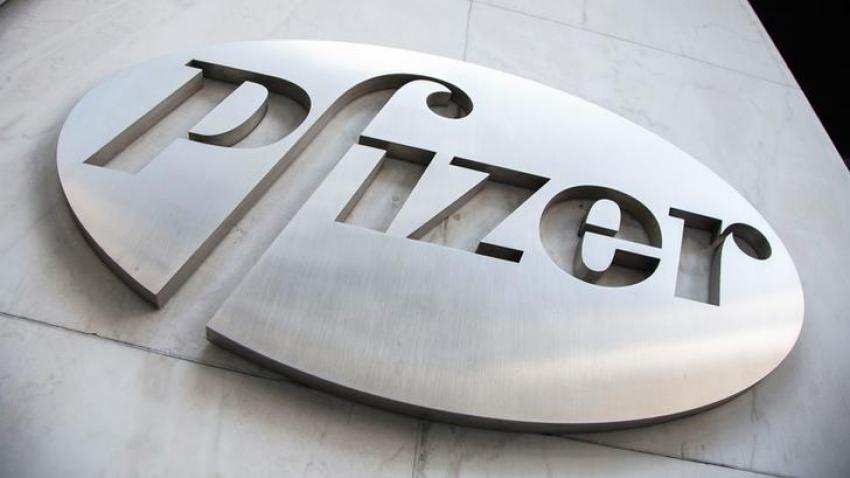Mumbai, Sep 2: Pharma major Pfizer fears that the pharma industry is expected to face challenges from price controls, ad-hoc regulatory changes and new policies that may impact sustainable growth.
“Even though economic outlook is expected to remain positive, there are several headwinds in the healthcare and pharmaceutical regulatory space,” the company had said in its annual note to shareholders.
“While implementation of large scale healthcare initiatives expected to provide a boost to the pharma industry, there will be continued challenges in the areas of price controls, ad-hoc regulatory changes and new policies that may impact predictability and sustainable growth,” it further said.
The Indian pharma market (IPM) stood at Rs 121,833 crore at the end of financial year 2018, growing at 6.3 per cent over the last 12 months period. This represents a significant slowdown from the historic 13-14 per cent CAGR trends (2010-2016).
This slowdown was largely due to regulatory, policy and GST challenges that impacted industry performance.
“We will continue to face policy unpredictability that will impact our operating environment. During FY18, a process to amend the Drug Price Control Order (DPCO) was initiated that may again change the price control methodologies in India.
“The industry may also continue to see changes in policies around labelling requirements and revisions to the essential medicines list,” Pfizer managing director S Sridhar said.
After several years of abeyance, the government announced its commitment to increase the total health expenditure to 2.5 per cent of gross domestic product (GDP) by 2025 from the current 1.15 per cent.
While attention and deliberation on public health is welcome, it has also brought with it heightened uncertainty with amendments and modifications being implemented in practically all policies governing healthcare and pharmaceuticals, the note said.
In several cases, such interventions have created challenges for sustainable growth and an unpredictable investment environment for the industry, it pointed out.
In light of these challenges, IQVIAs growth prognosis for the Indian pharma market has been revised to a CAGR of 9.7 per cent for 2018-2022 as opposed to the previous estimate of 10-12 per cent as per IQVIA Prognosis research report Q1 2018, it said.
In the short term, the government may need to enhance its funding allocation towards its healthcare programs significantly and also find ways to improve the availability of infrastructure like hospital beds and more resources to meet the expected demand, the company said.
Pfizers sales for the financial year ended March 31, 2018 were Rs 1,925 crore as compared to Rs 2,017 crore in the previous year, which represents a decline of 4.6 per cent. The profit after tax grew by 6.9 per cent to Rs 360 crore in FY 18 as compared to Rs 337 crore in the previous year.
Pfizer will continue to navigate through these uncertainties on the strength of our business strategy and our execution excellence, Sridhar said.
Commenting on the future growth plans, Sridhar said, in the next few years, new introductions and volumes will be among the most important drivers of growth. Global teams are working with our medical and marketing colleagues to further strengthen the India capabilities and support new launches, he added.






